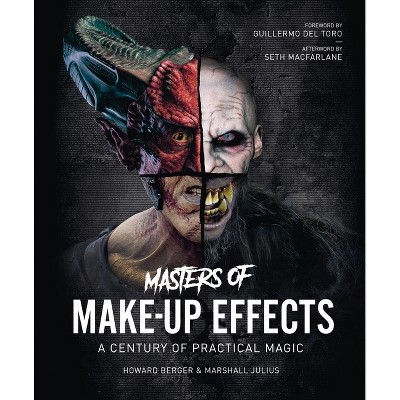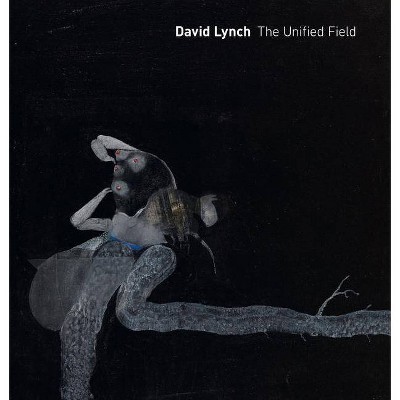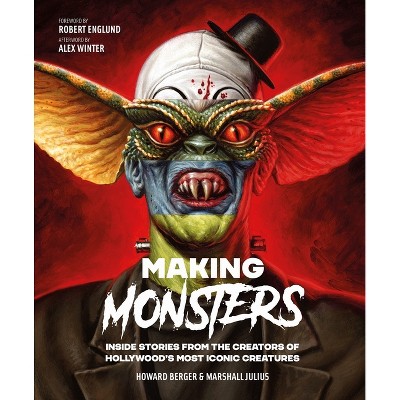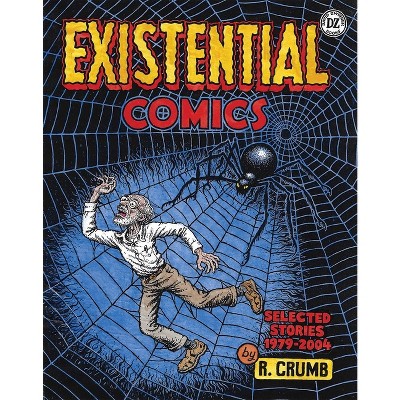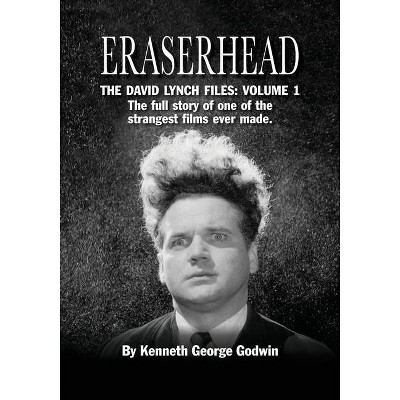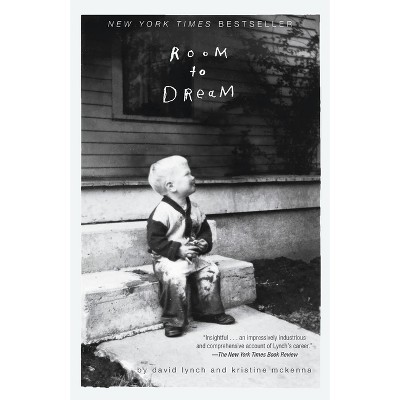Sponsored

David Lynch's American Dreamscape - by Mike Miley (Hardcover)
$120.99
In Stock
Eligible for registries and wish lists
Sponsored
About this item
Highlights
- How are David Lynch's films as much in dialogue with literary and musical traditions as they are cinematic ones?
- About the Author: Mike Miley is the author of Truth and Consequences: Game Shows in Fiction and Film (2019) and co-editor of Conversations with Steve Erickson (2021).
- 288 Pages
- Performing Arts, Film
Description
About the Book
"David Lynch's Intertextual Cinema expands the interpretive horizons of David Lynch's filmography by addressing the questions: How are Lynch's films as much a part of literary tradition as the cinematic tradition? How can his films be read as songs? This book positions his work as a compendium of popular literary and musical cultures, including David Foster Wallace and Nine Inch Nails who have successfully grafted Lynch's cinematic sensibility onto their own projects; a site through which these texts interact with other texts; and a channel through which the subconscious of American life finds its way into full and unaltered view"--Book Synopsis
How are David Lynch's films as much in dialogue with literary and musical traditions as they are cinematic ones?By interrogating this question, David Lynch's American Dreamscape broadens the interpretive horizons of Lynch's filmography, calling for a new approach to Lynch's films that goes beyond cinema and visual art to explore how Lynch's work engages with literary and musical works that have shaped the American imagination. As much as Lynch stands as a singular artistic voice, his work arises from and taps into the cultural zeitgeist in a way that illuminates not only his approach to creativity but also the way works interact with each other in an age of mass media. From children's literature to teen tragedy ballads, Nathanael West and Cormac McCarthy to folk music and mixtapes, David Lynch's American Dreamscape investigates the cultural frequencies Lynch's films tune into and positions Lynch's work as a conduit for American popular culture, a medium or channel through which the subconscious of American life finds its way into full view.
The book expands upon this approach by discussing how artists such as David Foster Wallace and Lana Del Rey graft Lynch's affiliative, cinematic sensibility onto their own projects. Reading their work as intertextual engagements with Lynch's films further illustrates the versatile interactions among creators and audiences to generate more works, readers, and readings.
Review Quotes
In David Lynch's American Dreamscape, Mike Miley presents a fascinating new approach to Lynch's films, treating their intertextuality in a way that expands rather than restricts our understanding of them. Miley adroitly connects literary, filmic, and musicological perspectives in an analytical approach that will prove invaluable and accessible to scholars from many fields in their study of Lynch, one of our most idiosyncratic American filmmakers. Following Lynch himself, Miley's book gives us more 'room to dream' around the filmmaker's work.
Katherine M. Reed, Associate Professor of Musicology, California State University, Fullerton, USA, and co-editor of Music in Twin Peaks: Listen to the Sounds (2021)
About the Author
Mike Miley is the author of Truth and Consequences: Game Shows in Fiction and Film (2019) and co-editor of Conversations with Steve Erickson (2021). His writing has appeared in The Atlantic.com, Arizona Quarterly, Critique, Literature/Film Quarterly, Music and the Moving Image, The New Orleans Review, The North Dakota Quarterly, The Smart Set, and elsewhere. He lives in New Orleans.Dimensions (Overall): 9.0 Inches (H) x 6.0 Inches (W) x .69 Inches (D)
Weight: 1.21 Pounds
Suggested Age: 22 Years and Up
Number of Pages: 288
Genre: Performing Arts
Sub-Genre: Film
Publisher: Bloomsbury Academic
Theme: History & Criticism
Format: Hardcover
Author: Mike Miley
Language: English
Street Date: February 6, 2025
TCIN: 1001826947
UPC: 9798765102930
Item Number (DPCI): 247-47-6243
Origin: Made in the USA or Imported
If the item details aren’t accurate or complete, we want to know about it.
Shipping details
Estimated ship dimensions: 0.69 inches length x 6 inches width x 9 inches height
Estimated ship weight: 1.21 pounds
We regret that this item cannot be shipped to PO Boxes.
This item cannot be shipped to the following locations: American Samoa (see also separate entry under AS), Guam (see also separate entry under GU), Northern Mariana Islands, Puerto Rico (see also separate entry under PR), United States Minor Outlying Islands, Virgin Islands, U.S., APO/FPO
Return details
This item can be returned to any Target store or Target.com.
This item must be returned within 90 days of the date it was purchased in store, shipped, delivered by a Shipt shopper, or made ready for pickup.
See the return policy for complete information.
Frequently bought together
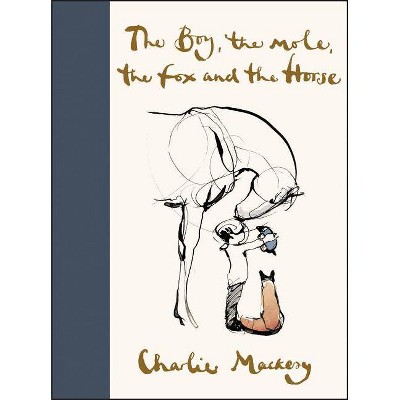
$18.10
MSRP $22.99
Buy 2, get 1 free select books, music & movies
4.9 out of 5 stars with 292 ratings

$27.01
MSRP $40.00
Buy 2, get 1 free select books, music & movies
4.8 out of 5 stars with 45 ratings

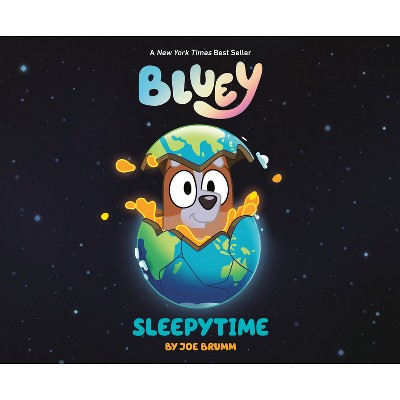
$10.29
MSRP $18.99
Buy 2, get 1 free select books, music & movies
4.7 out of 5 stars with 100 ratings
Guests also viewed
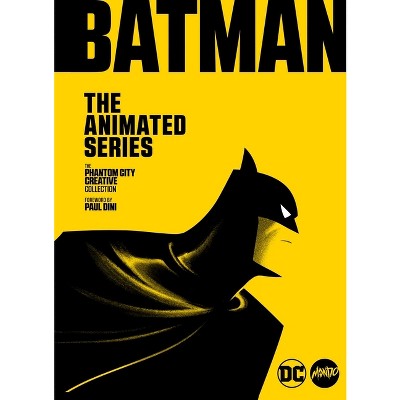
$33.13
MSRP $60.00
Buy 2, get 1 free select books, music & movies
5 out of 5 stars with 1 ratings


